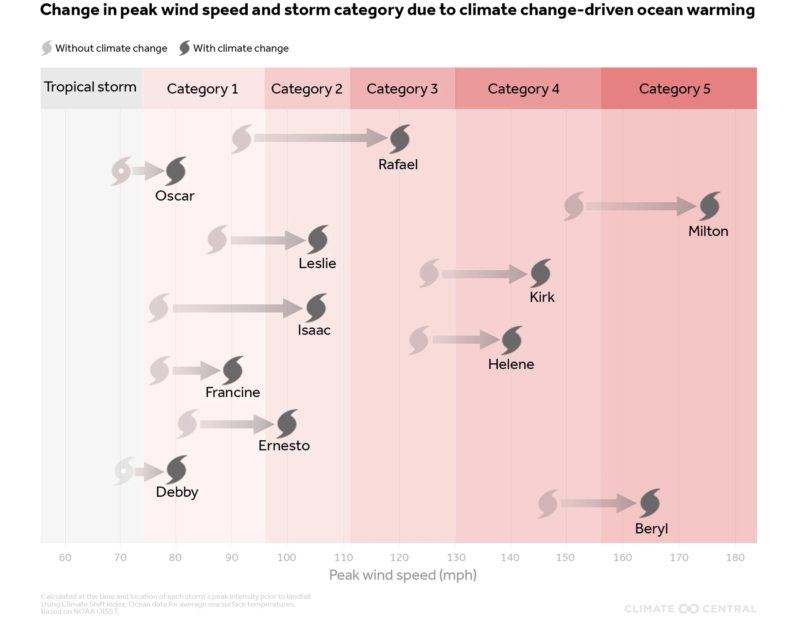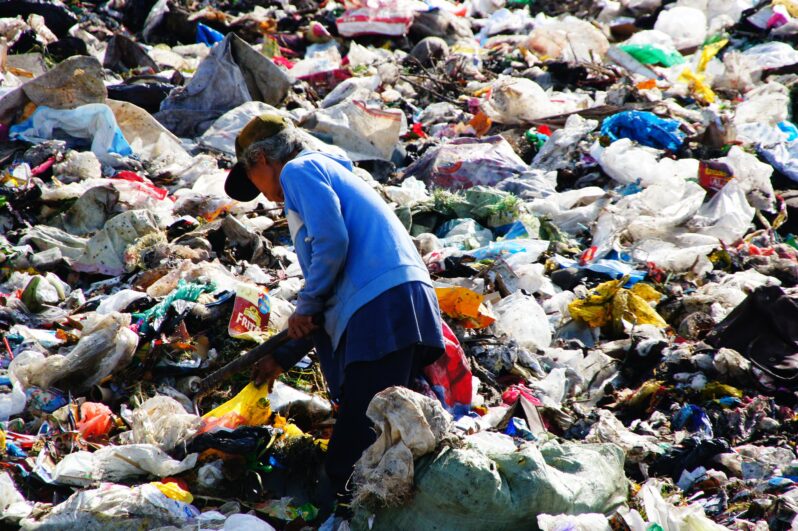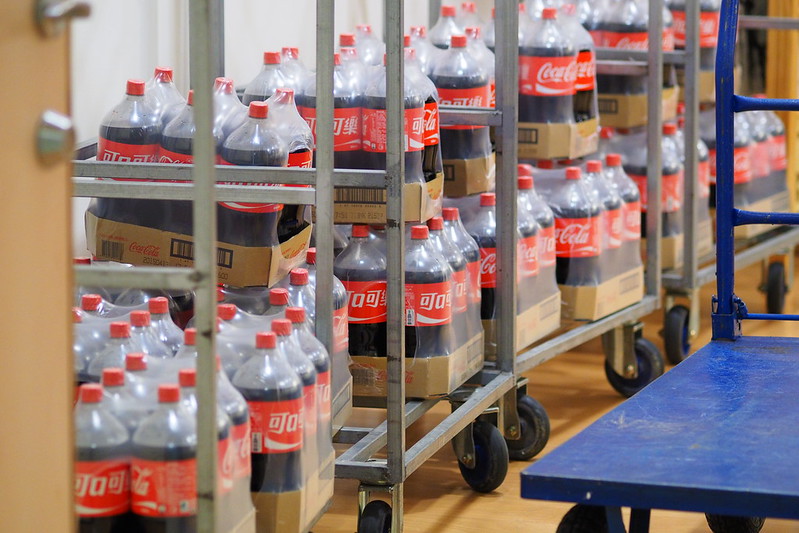How the Klamath Dams Came Down – Grist Magazine

Last year, tribal nations in Oregon and California won a decades-long fight for the largest dam removal in U.S. history.
This is their story…
Imagine 2200: Climate Fiction for Future Ancestors − Grist Magazine

Welcome to the 2025 Imagine 2200: Climate Fiction for Future Ancestors collection…This year’s contest recognizes that the urgency of that visioning has never been higher. More than ever, we need climate fiction as encouragement to look beyond the current moment to picture what could be, to center voices from around the world and particularly those most impacted by the climate crisis, and to challenge us to remember that at the heart of climate solutions is human promise and ingenuity…
Climate change made all of this year’s Atlantic hurricanes so much worse – Grist

A new analysis finds that the storms’ wind speeds increased by up to 28 miles per hour, boosting their destructive power..
Trump Wins, Planet Loses – Grist Magazine

With control of the White House and the Senate, Republicans are poised to upend U.S. climate policy…
Does the plastics industry support waste pickers? It’s complicated – Grist Magazine

The people who clean up the world’s trash say some companies’ statements of support are little more than lip service…
Is there a wrong way to talk about climate change? – Grist Magazine

In a provocative new book, Genevieve Guenther argues that too many conversations are happening on the fossil fuel industry’s terms….
How to create a ‘world without waste’? Here are the plastic industry’s ideas – Grist Magazine

A deep dive into the petrochemical industry’s proposals for the global plastics treaty….
The homeowner mutiny leaving Florida cities defenseless against hurricanes – Grist Magazine

The Army Corps of Engineers won’t restore eroded beaches in Pinellas County unless homeowners agree to one condition: public access…
A new report looks at major companies’ efforts to address plastic waste — and finds them lacking – Grist Magazine

Of the 147 companies with a package recyclability goal, only 15 percent were on track to meet it…
